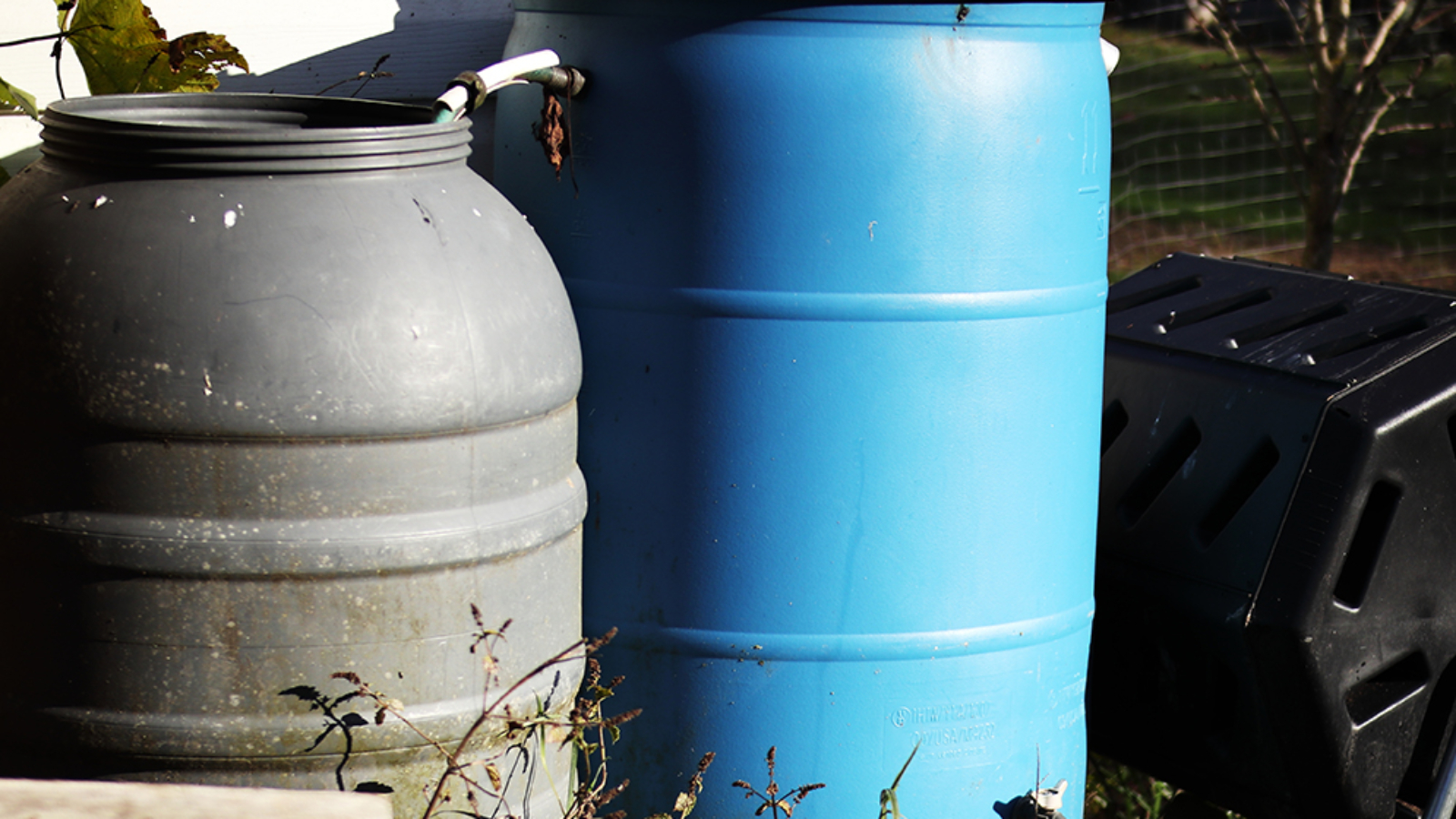For many of us, a better-than-average Scottish summer means drought. Tap water is resource intensive, expensive and not always best for plants that prefer the stuff that falls from the sky. Taking part in a less energy-intensive food system is central to growing for climate and nature. Here’s how:
- Grow veggies as close to where you collect water as possible to minimise travel by hand, hose or drip feed irrigation.
- Soil with plenty of organic matter is key to managing extreme weather conditions. Insufficent watering early in the growing season will mean some plants ‘bolt’, go to seed early.
- When you have to water in dry periods avoid watering, where possible, in the middle of the day water will be lost to evaporation.
- Take care to water the soil around the base of the plant to avoid wasting water.
- Plant more herbs such as lavender, rosemary, sage and thyme; these plants are able to withstand dry periods and are great for bees.
- Resist the temptation to water flowers unless they start to wilt, and save water for your veggies. Overwatering prevents them from developing deep roots that can help them be more self-sufficient.
- Mulch, mulch, mulch wherever and whenever possible.
- If you are growing in pots or on a windowsill at home washing up water will do just fine.
- In a communal setting, make sure that you all understand and follow a water-wise system for it to be effective.
- Tell others. Combined small actions can make a big difference.
Registered charities meeting certain criteria, can register for the water exemption scheme, read more here.
N.B In hot weather, there is an increased risk of legionnaires disease – read more here
Send us your water-wise’photos, top tips or questions to share



In greenhouses, under pots and trays, use capillary matting.
If your pots keep drying out, try putting plants into bigger pots.
Don’t cut your grass, if cut too short it will quite literally burn dry.